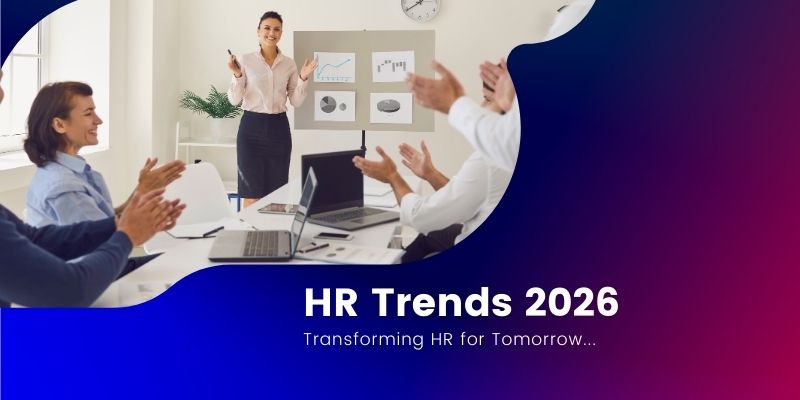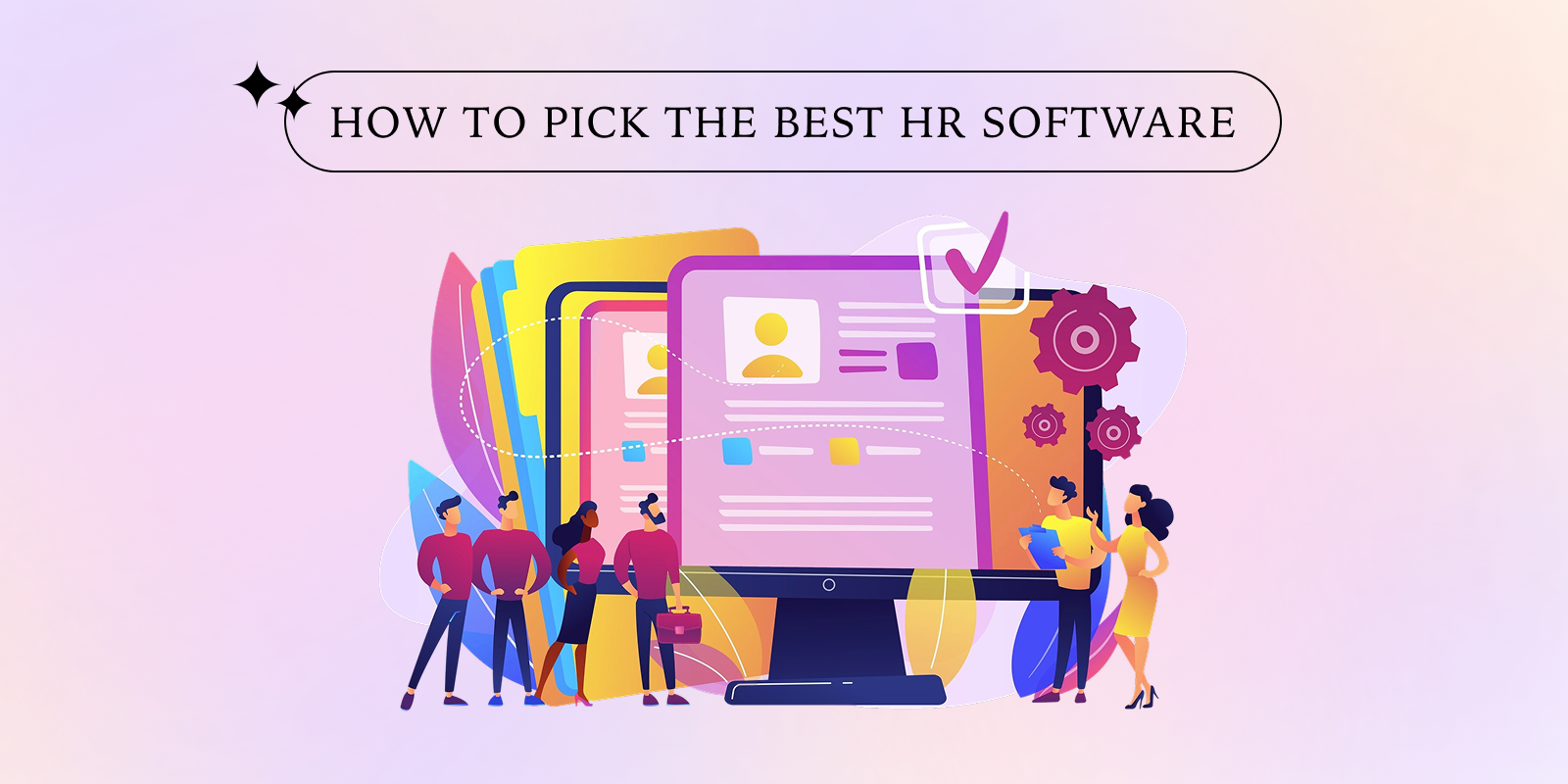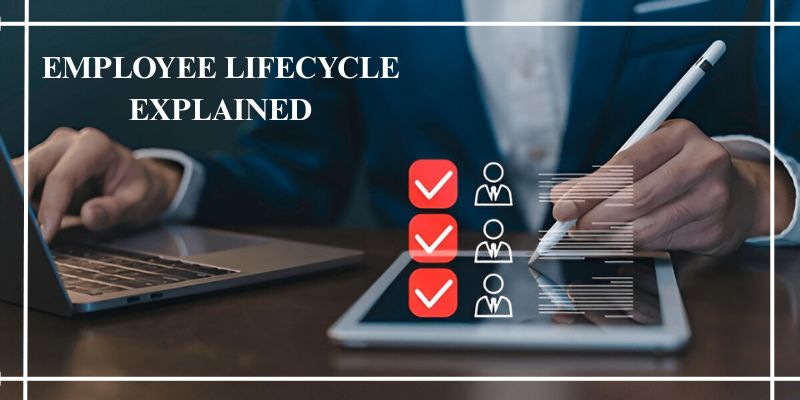Background Verification Meaning, Definition & Process
Background verification is the process of authenticating the accuracy of a candidate’s information provided in their job application during the hiring process. In particular, this hiring verification process involves checking education records, employment history, address checking, and references. Additionally, a criminal background or a credential verification check can also be done by the employer during the employment screening process.
Employer conducts pre-employment verification to ensure workplace safety, protect the organization’s reputation, and for compliance with legal and regulatory requirements. By verifying the information provided by the candidates, employers can improve hiring decisions and reduce the risk of turnover.
Generally, a background verification takes upto 2 to 5 business days. However, this differs depending on each individual’s history.
Liked what you read? Let’s take it to the next level!
Frequently Asked Questions
Q1. | What happens if discrepancies are found during background verification? |
| Ans. | Finding a discrepancy during the background verification process does not mean the end of hiring. In fact, the company can carefully assess the relevance of the severity of the discrepancy and adhere to the legal and ethical guidelines to make an informed decision. Additionally, the employer can withdraw the application or take further action. |
Q2. | Do all companies perform background verification before hiring? |
| Ans. | No, not all companies conduct pre-employment verification. However, certain industries might be required by law to perform background screening. |
Q3. | What documents are required for background verification? |
| Ans. | The following areas are checked for background verification, and each of them requires certain documents. 1. Address: For this, a copy of any of the documents, including an Aadhar card or Social Security Number, Driving License, Passport, Ration Card, or Voter ID, is needed. 2. Education: Provisional/consolidated/degree certificate or final year mark sheet is needed. 3. Previous employment check: The documents required are an offer letter, salary slips for the last three months, and an experience letter for work history validation. 4. Reference check: Two to three references with contact details as per HR’s instructions. 5. Database check: Credential verification of your full name, date of birth, father’s name, and address. |
Q4. | Can background verification delay the hiring process? |
| Ans. | Yes, the background verification is likely to be delayed if the new hire’s documents are submitted after the onboarding process. Moreover, verifying previous employment and criminal history can also take time. |
Q5. | How does background verification impact the hiring decision? |
| Ans. | Background verification is crucial to ascertain the authenticity of the candidate’s qualifications, experience, and personal information. This helps in reducing the risk of hiring unqualified or dishonest candidates. Therefore, a thorough background screening enhances workplace security and ensures professional alignment within the company. However, even if discrepancies are found, employers may reconsider the hiring decision or request further clarification from the candidate. |
Resources
Explore how HR trends 2026 are shaping workplaces and employee experiences.
Find how the right HR software simplifies HR and grows your organization.
Discover how the employee lifecycle improves engagement and retention.





